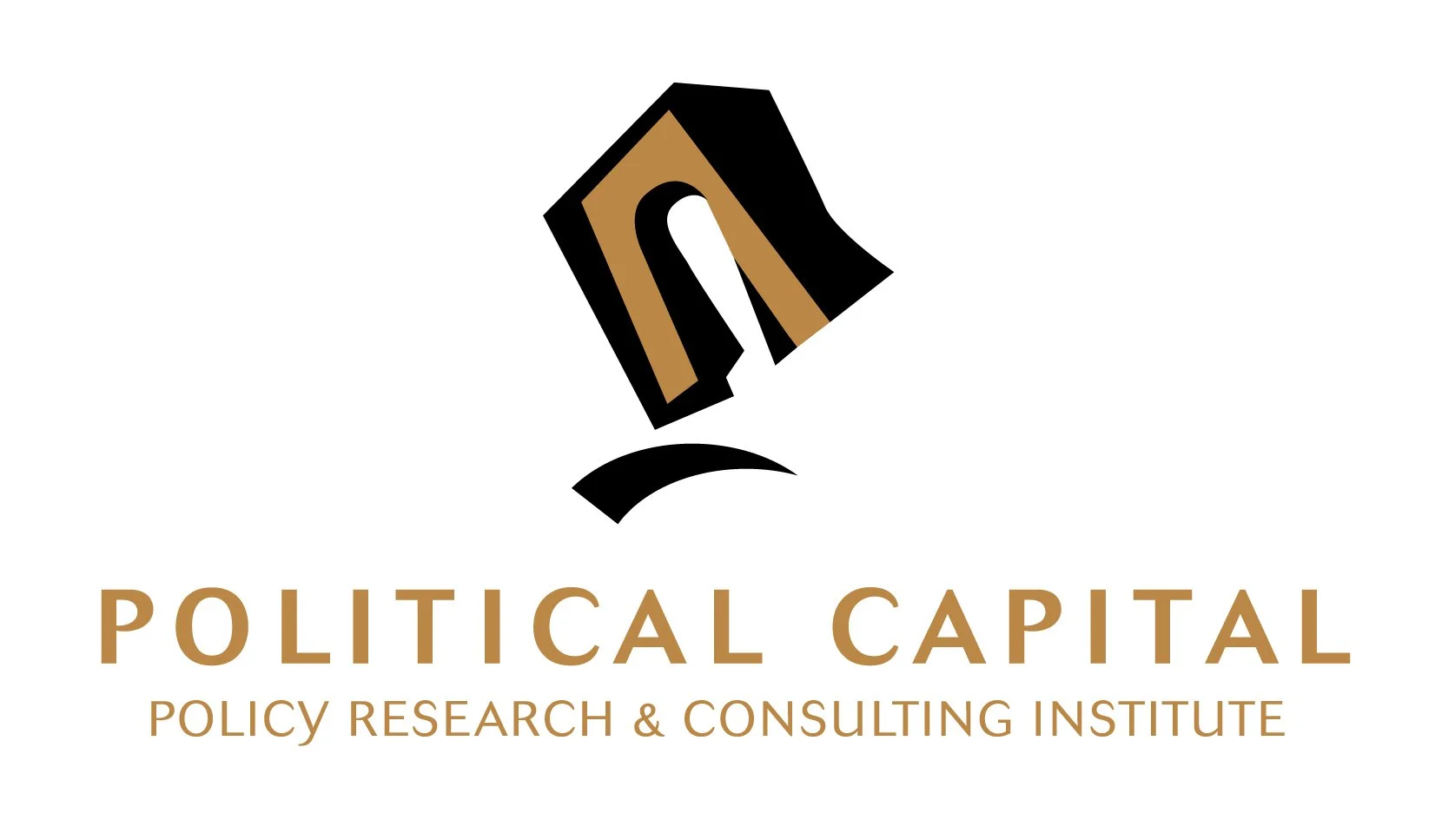What is BRICS, really — a loose coalition of emerging economies, or a growing challenge to Western-led global governance? In this episode, we take a deep dive into the origins, goals, and internal dynamics of BRICS, the group that brings together Brazil, Russia, India, China, South Africa — and now a new wave of members. Why do such diverse countries come together under one banner? What does BRICS actually do, and how effective is it in turning ambition into action? We explore China's and Russia’s strategic interests, the Global South’s discontent with the current international system, and whether BRICS could offer a real alternative to institutions like the UN, G7, IMF, or World Bank. We also discuss recent developments — from the war in Ukraine to U.S. trade policy — and ask: Is BRICS moving toward a shared ideology? Can economic cooperation within the bloc grow? And how realistic is the idea of a BRICS currency — or the broader push toward de-dollarizing global trade? To unpack all this and more, we’re joined by Ingrid D’Hooghe and Ksenia Radchenkova, offering insights on geopolitics, economics, and the shifting architecture of international power.
Guests:
Dr. Ingrid d’Hooghe is Senior Research Associate at the China Centre of the Clingendael Institute and Senior Research Fellow at the LeidenAsiaCentre, The Netherlands. Her areas of expertise include China’s strategic thinking and policy making in areas such as international relations and diplomacy, global governance, and science and technology. D’Hooghe holds a Master’s degree in Sinology from Leiden University, The Netherlands, and a PhD in political science from Antwerp University, Belgium. She started her career as a policy officer at the Dutch Embassy in Beijing in the period 1989 – 1991 and has since worked as a China researcher and lecturer at various universities and think tanks, and as an advisor to Dutch government organizations, the European Commission, and European research institutions. She also presents at top universities and think tanks around the globe, and at institutions such as the European External Action Service and NATO. She publishes in academic and popular journals and appears regularly in the media. Recent publications address European universities' S&T collaboration with China, and China’s maritime activities in disputed areas in the South China Sea.
Ksenia Radchenkova, BA. spec. M.Sc. Ph.D is a Post-Doctoral Researcher and Coordinator for Eastern European, Eurasian and Asian research and cooperation projects at the Section Global Governance at the Institute for the Foundations of Law of the University of Graz. She was awarded her Bachelor's and Specialist's degrees in Sinology and Chinese Economy from the Far Eastern State University in Vladivostok, Russia. She subsequently obtained her Master of Science degree in Technology Economy Management from Xiamen University, People's Republic of China. Following several years of professional experience in the field of international trade as an operations manager, Radchenkova returned to academic pursuits in Austria, where she successfully defended her PhD in Law and Politics, entitled "The Concept of Sovereignty in Political and Legal Discourse in Russia and China", at the University of Graz, Austria. Radchenkova's current position entails the integration of her business experience with her academic background, with the objective of enhancing the international connections of the University of Graz. She is also committed to the promotion of excellence in research within the domain of international relations and politics. Moreover, her extensive knowledge of languages and intercultural communication, coupled with first-hand experience of work in Russia and China, contributes to the high quality of her research on these countries. The present focus of her academic enquiry is the study of historical interpretations of the concept of sovereignty in political and legal discourse in China and Russia. The scope of her research covers such fields as international law, comparative constitutional law and political science, with a stress on regional political philosophy. Her primary areas of expertise include Sinology, International Relations, Chinese political history, Russian political history, Russian-Chinese relations, and intercultural communication.
Moderation:
Marylia Hushcha, Researcher and Project Manager at the IIP.
The episode was recorded on 17 April 2025 with the support of The Austria Future Fund and the Conflict Peace Democracy Cluster of the Federal Ministry of the Republic of Austria - Education, Science and Research.







